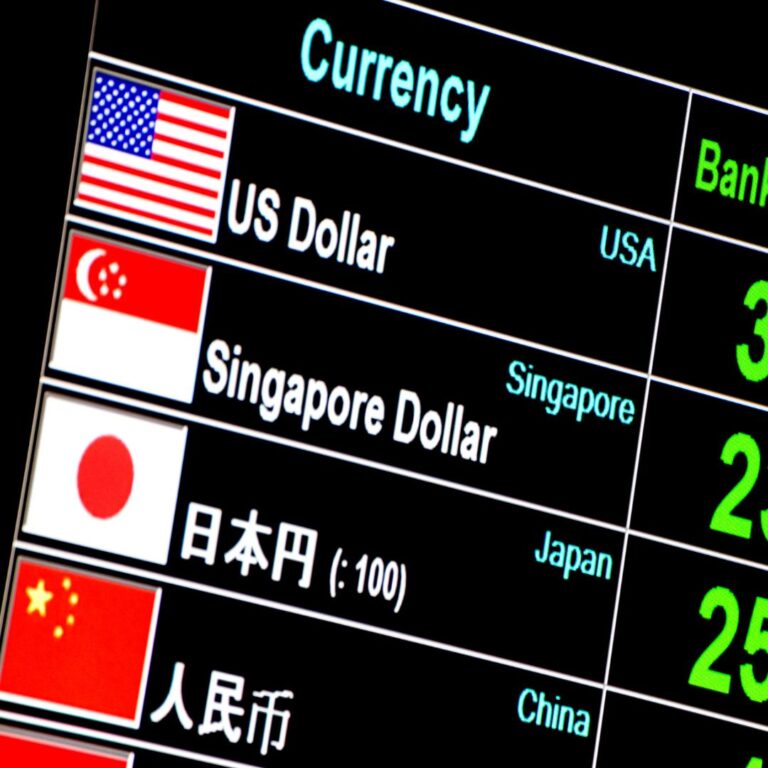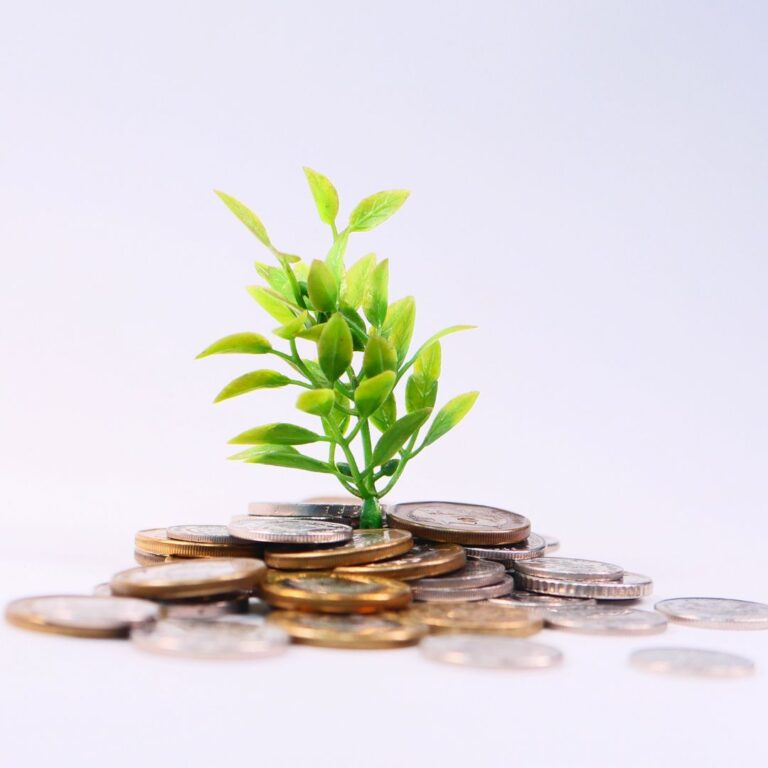Lesson 7: Trade Goods, Payment, and Payment Ethics in Islamic Finance
Introduction
In Islam, financial transactions follow ethical guidelines derived from Shariah or Islamic teachings. These guidelines ensure fairness in transactions and promote ethical behavior. In this lesson, we explore these principles, focusing on trade goods, payment principles, and the ethics of transactions, while reflecting on the teachings of the Prophet Muhammad (ﷺ).
Trade Goods
Sale Items and Trade Goods
حَدَّثَنَا آدَمُ، حَدَّثَنَا شُعْبَةُ، حَدَّثَنَا أَبُو بَكْرِ بْنُ حَفْصٍ، عَنْ سَالِمِ بْنِ عَبْدِ اللَّهِ بْنِ عُمَرَ، عَنْ أَبِيهِ، قَالَ أَرْسَلَ النَّبِيُّ صلى الله عليه وسلم إِلَى عُمَرَ ـ رضى الله عنه ـ بِحُلَّةِ حَرِيرٍ ـ أَوْ سِيرَاءَ ـ فَرَآهَا عَلَيْهِ، فَقَالَ “ إِنِّي لَمْ أُرْسِلْ بِهَا إِلَيْكَ لِتَلْبَسَهَا، إِنَّمَا يَلْبَسُهَا مَنْ لاَ خَلاَقَ لَهُ، إِنَّمَا بَعَثْتُ إِلَيْكَ لِتَسْتَمْتِعَ بِهَا ”. يَعْنِي تَبِيعُهَا.
“Narrated ‘Abdullah bin ‘Umar: Once the Prophet (ﷺ) sent to ‘Umar a silken two-piece garment, and when he saw `Umar wearing it, he said to him, “I have not sent it to you to wear. It is worn by him who has no share in the Hereafter, and I have sent it to you so that you could benefit from it (i.e. sell it).” (Sahih al-Bukhari 2104)
This hadith indicates that silk as a sale item is permissible, but is not permissible to be worn by men. It is, however, permissible to be worn by women.
أَخْبَرَنَا عَلِيُّ بْنُ الْحُسَيْنِ الدِّرْهَمِيُّ، قَالَ حَدَّثَنَا عَبْدُ الأَعْلَى، عَنْ سَعِيدٍ، عَنْ أَيُّوبَ، عَنْ نَافِعٍ، عَنْ سَعِيدِ بْنِ أَبِي هِنْدٍ، عَنْ أَبِي مُوسَى، أَنَّ رَسُولَ اللَّهِ صلى الله عليه وسلم قَالَ “ أُحِلَّ الذَّهَبُ وَالْحَرِيرُ لإِنَاثِ أُمَّتِي وَحُرِّمَ عَلَى ذُكُورِهَا ” .
“It was narrated from Abu Musa that: The Messenger of Allah [SAW] said: “Gold and silk have been permitted for the females of my Ummah, and forbidden to the males.” (Sunan an-Nasa’i 5148)
All the commands of Allah are for the benefit of humans, whether worldly, in the afterlife, or both.
Principles on Sale Items
Islamic jurisprudence sets clear guidelines for what can be considered valid trade goods, where they must meet several principles before they can be traded. These principles ensure fairness and transparency in trade and align with the Shariah principles.
- Existence: The goods must exist at the time of the sale. Selling items that are yet to be invented and do not currently exist is impermissible.
- Deliverability: The seller must be able to deliver the goods to the buyer. If this is not possible, the transaction is invalid.
- Description of goods: Transparency is vital. the goods sold must be clarified to avoid any uncertainty.
- Property of utility (Mal): The items traded must have a benefit, whereby any reasonable person would find them valuable.
- Halal (Taqawwum): Any prohibited goods in Shariah cannot be traded.
A Property of Utility (Mal)
Mal refers to property and is central to trade in Islam. Mal is all about utility, where all parties should be given something valuable in exchange. Two conditions must be met for something to be considered Mal:
- Valued by people: The item must have value.
- Storable or retrievable: The item must be something that can be stored or retrieved. Air in the space or service is not Mal.
Taqawwum: Being Halal
Taqawwum consists of two meanings: ‘permissible to use’ and ‘in a person’s control’. If any goods or assets do not have Taqawwum, then the sale will be invalid.
Payment Principles
Hadith on Pricing and Payment
حَدَّثَنَا مُسَدَّدٌ، قَالَ حَدَّثَنَا عَبْدُ الْوَارِثِ، عَنْ أَبِي التَّيَّاحِ، عَنْ أَنَسٍ، قَالَ قَدِمَ النَّبِيُّ صلى الله عليه وسلم الْمَدِينَةَ فَنَزَلَ أَعْلَى الْمَدِينَةِ، فِي حَىٍّ يُقَالُ لَهُمْ بَنُو عَمْرِو بْنِ عَوْفٍ. فَأَقَامَ النَّبِيُّ صلى الله عليه وسلم فِيهِمْ أَرْبَعَ عَشْرَةَ لَيْلَةً، ثُمَّ أَرْسَلَ إِلَى بَنِي النَّجَّارِ فَجَاءُوا مُتَقَلِّدِي السُّيُوفِ، كَأَنِّي أَنْظُرُ إِلَى النَّبِيِّ صلى الله عليه وسلم عَلَى رَاحِلَتِهِ، وَأَبُو بَكْرٍ رِدْفُهُ، وَمَلأُ بَنِي النَّجَّارِ حَوْلَهُ، حَتَّى أَلْقَى بِفِنَاءِ أَبِي أَيُّوبَ، وَكَانَ يُحِبُّ أَنْ يُصَلِّيَ حَيْثُ أَدْرَكَتْهُ الصَّلاَةُ، وَيُصَلِّي فِي مَرَابِضِ الْغَنَمِ، وَأَنَّهُ أَمَرَ بِبِنَاءِ الْمَسْجِدِ، فَأَرْسَلَ إِلَى مَلإٍ مِنْ بَنِي النَّجَّارِ فَقَالَ ” يَا بَنِي النَّجَّارِ ثَامِنُونِي بِحَائِطِكُمْ هَذَا ”. قَالُوا لاَ وَاللَّهِ، لاَ نَطْلُبُ ثَمَنَهُ إِلاَّ إِلَى اللَّهِ. فَقَالَ أَنَسٌ فَكَانَ فِيهِ مَا أَقُولُ لَكُمْ، قُبُورُ الْمُشْرِكِينَ، وَفِيهِ خَرِبٌ، وَفِيهِ نَخْلٌ، فَأَمَرَ النَّبِيُّ صلى الله عليه وسلم بِقُبُورِ الْمُشْرِكِينَ فَنُبِشَتْ، ثُمَّ بِالْخَرِبِ فَسُوِّيَتْ، وَبِالنَّخْلِ فَقُطِعَ، فَصَفُّوا النَّخْلَ قِبْلَةَ الْمَسْجِدِ، وَجَعَلُوا عِضَادَتَيْهِ الْحِجَارَةَ، وَجَعَلُوا يَنْقُلُونَ الصَّخْرَ، وَهُمْ يَرْتَجِزُونَ، وَالنَّبِيُّ صلى الله عليه وسلم مَعَهُمْ وَهُوَ يَقُولُ ” اللَّهُمَّ لاَ خَيْرَ إِلاَّ خَيْرُ الآخِرَهْ فَاغْفِرْ لِلأَنْصَارِ وَالْمُهَاجِرَهْ ”
Narrated Anas: When the Prophet (ﷺ) arrived Medina he dismounted at `Awali-i-Medina amongst a tribe called Banu `Amr bin `Auf. He stayed there For fourteen nights. Then he sent for Bani An-Najjar and they came armed with their swords. As if I am looking (just now) as the Prophet (ﷺ) was sitting over his Rahila (Mount) with Abu Bakr riding behind him and all Banu An-Najjar around him till he dismounted at the courtyard of Abu Aiyub’s house. The Prophet (ﷺ) loved to pray wherever the time for the prayer was due even at sheep-folds. Later on he ordered that a mosque should be built and sent for some people of Banu-An-Najjar and said, “O Banu An-Najjar! Suggest to me the price of this (walled) piece of land of yours.” They replied, “No! By Allah! We do not demand its price except from Allah.” Anas added: There were graves of pagans in it and some of it was unleveled and there were some date-palm trees in it. The Prophet (ﷺ) ordered that the graves of the pagans be dug out and the unleveled land be level led and the date-palm trees be cut down . (So all that was done). They aligned these cut date-palm trees towards the Qibla of the mosque (as a wall) and they also built two stone side-walls (of the mosque). His companions brought the stones while reciting some poetic verses. The Prophet (ﷺ) was with them and he kept on saying, “There is no goodness except that of the Hereafter, O Allah! So please forgive the Ansars and the Muhajirin. ” (Sahih al-Bukhari 428)
Principles on Payment
There are principles on payment to ensure that transactions are transparent and fair in Islamic finance.
- Clarity: A precise amount must be agreed by the parties.
- Currency Specification: The currency used in the transaction must be specified.
- Payment Terms: The terms of payment must be mutually agreed.
- Method of Payment: the method of payment must be clear.
Transacting Ethics
The Prophetic Way
وَعَنْ أَنَسٍ رَضِيَ اللَّهُ عَنْهُ قَالَ: حَجَمَ أَبُو طَيْبَةَ رَسُولِ اللَّهِ صَلَّى اللَّهُ عَلَيْهِ وَسَلَّمَ فَأُمِرَ لَهُ بِصَاعٍ مِنْ تَمْرٍ وَأَمَرَ أَهْلَهُ أَنْ يُخَفِّفُوا عَنْهُ مِنْ خراجه
Anas said that Abu Taiba cupped God’s Messenger and he ordered that sa’ of dates be given him, also ordering his people to remit some of his dues.*
*Abu Taiba was a client of the B. Haritha. It was the custom for a slave to hand over to his master part of what he earned. Here the Prophet suggests that the masters of Abu Taiba should reduce the amount they took from him. (Bukhari and Muslim.) (Mishkat al-Masabih 2769)
Conclusion
The Prophet Muhammad (ﷺ) teachings indicate the importance of fairness and compassion in trade. The Prophet’s ethical approach to payment and trade, highlights the importance of fairness and goodwill in all transactions. Thus, Islamic finance is not just about the exchange of goods and money, it is about conducting business ethically. The principles of trade goods, payment, and transaction ethics in Islam emphasize fairness in all transactions. The guidelines not only help with ethical financial transactions, but also ensures that it is performed in a way that is beneficial both in this life and the hereafter.
Written by Nafisah Yusra Abdul Rahim.
Notes taken by Nafisah Yusra Abdul Rahim from ‘Messenger Money Morals – Trade Goods, Payment, and Payment Ethics in Islamic Finance’








